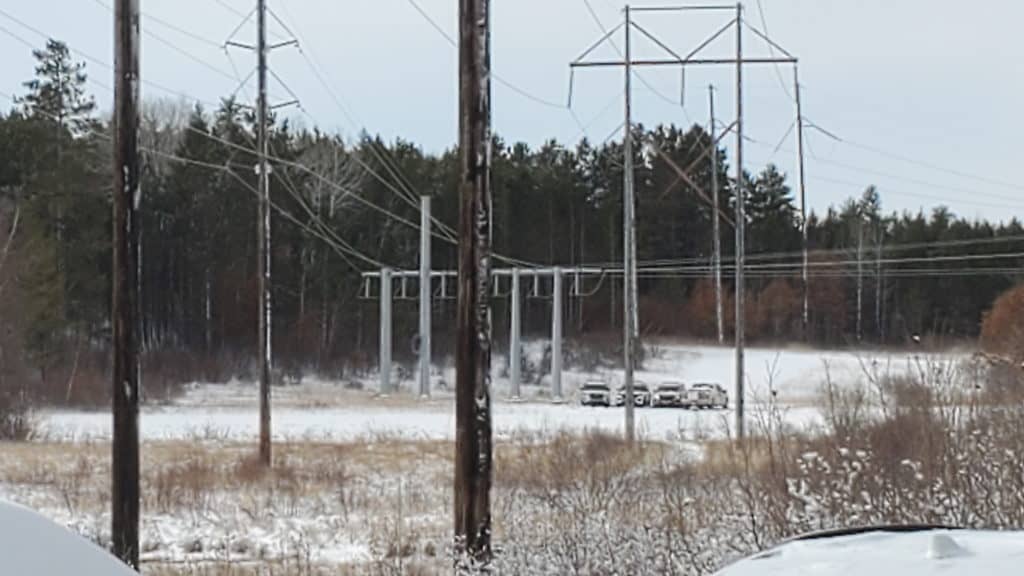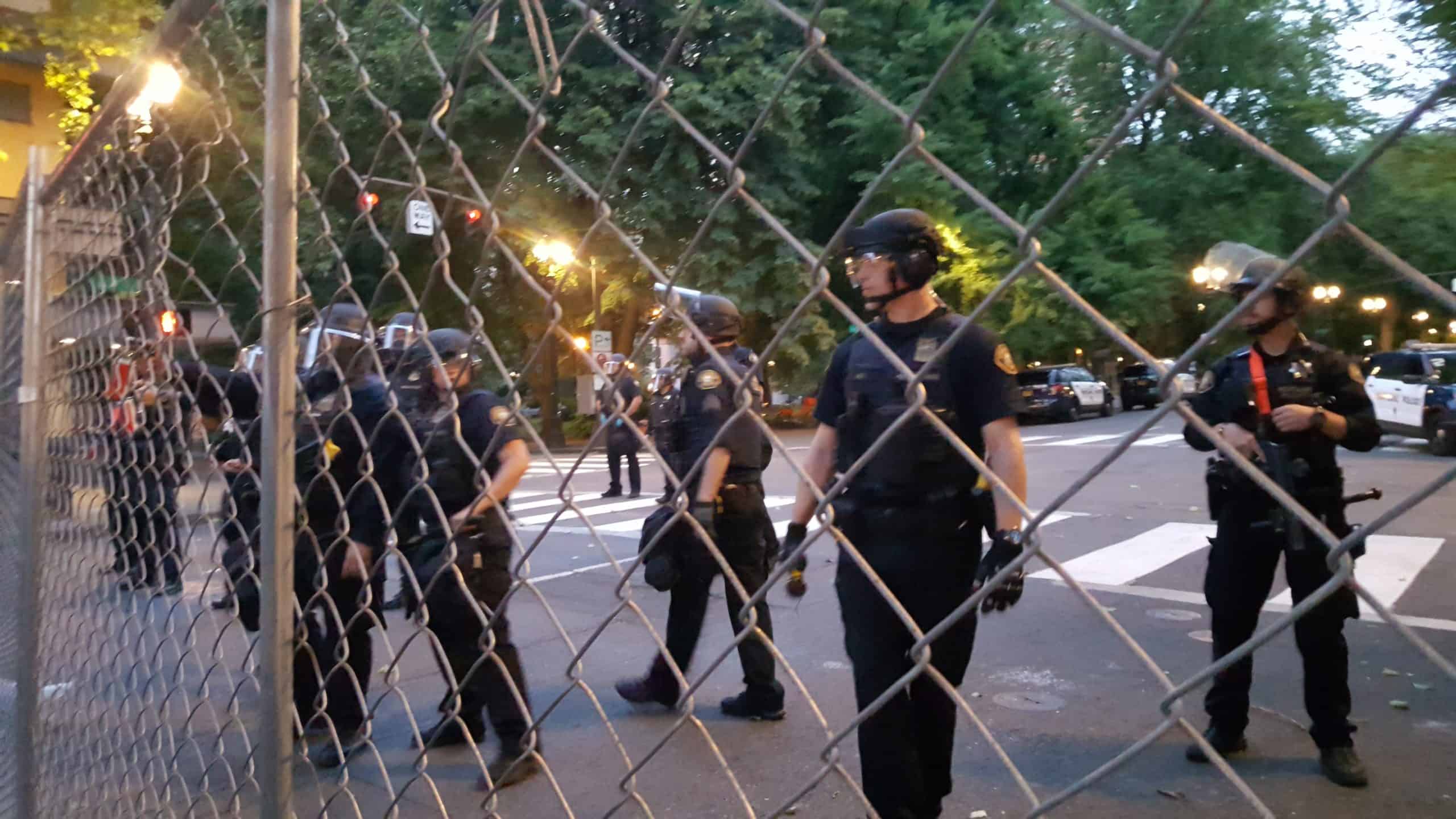This week marks the anniversary of the brutal murder of George Floyd and the anniversary of the Portland uprising. This was a year of resistance.
But we weren’t the ones resisting.
It was the government. It was big business. It was a status quo that desperately doesn’t want to change. They were resisting us.
The Portland Police Bureau, after being the subject of months of almost nightly protest, seems to have come out of the past year unscathed. That’s in no small part thanks to Ted Wheeler, a mayor who had no problem with flooding Portland’s neighborhoods and waterways with an ungodly amount of tear gas and had barely a thing to say about the hundreds of acts of physical violence committed by Portland Police officers against unarmed protestors (myself included).
Meanwhile, Minneapolis, ground zero of the whole movement, was ready to abolish its police department entirely, before they were stabbed in the back by the vestigial Minneapolis Charter Commission who unilaterally ran out the clock to keep the issue off the ballot.
The resistance was hardly limited to police violence. Hundreds of thousands of Americans are dead from COVID-19 because the government refused to pay people to stay home, lest the public get a taste for Universal Basic Income. (The humiliating month-long $1400 check fiasco only happened because of how deeply set the Democrats are against helping human beings in need.)
And as wildfires consumed the entire west coast, turning Oregon towns into Martian landscapes, our better politicians kept scratching their heads wondering how we can pay for doing anything about it. Even just last week, former National Climate Advisor Gina McCarthy said the path away from climate catastrophe is based on biding our time until future technologies might save us. She didn’t once mention the possibility of shutting down fossil fuel projects like Line 3. (Instead, intense police repression protects it.)

So what does it look like when that resistance gives way? How much does it take to make a system of power give up?
It looks like the conviction of Derek Chauvin. And it apparently takes millions of people in the streets around the world, months of sustained protests in cities like Minneapolis and Portland, actual full-on riots, and the physical destruction of an entire police station. All to get the conviction of exactly one police officer who was no more or less vicious than the ones who killed Breonna Taylor, Eric Garner, Rayshard Brooks, Tamir Rice, Elijah McClain, Patrick Kimmons, Daunte Wright and hundreds of others who still wait for justice.
That’s what it takes to make our criminal justice system give up one man.
But I don’t think the powers that be can claim victory, for two reasons.
The first is that the fight isn’t actually over until we give up. The second is that all of that resistance I’ve been talking about has another name: a refusal to solve problems.
In resisting an overwhelming call for change, the sickness at the heart of our society continues to fester. Upton Sinclair can tell us why our leaders can’t see the situation for what it is, but in refusing to give an inch, they risk losing everything.
All of the pressure is still there, waiting to explode. And the cracks are already showing.
A June 2020 Gallup poll reported that 33% of young people are embracing full police abolition, and last year’s protests were a transformational, radicalizing moment for countless of those who participated (again, myself included). Socialism, communism, anarchism and, unfortunately, fascism as political philosophies are on the rise in the United States in a way never seen since at least World War 2. Beneath the supposed calm of the Biden administration, the foundations are shifting beneath our feet.
And the Portland Police didn’t actually defeat the protest movement. Hundreds are still at it, and most of those who aren’t are simply exhausted. It’s impossible to predict the next police murder that will spur massive unrest, but it will happen, and it’s going to keep happening until the actual problem is stopped.
I’m still here, and so are you. Change is coming.

